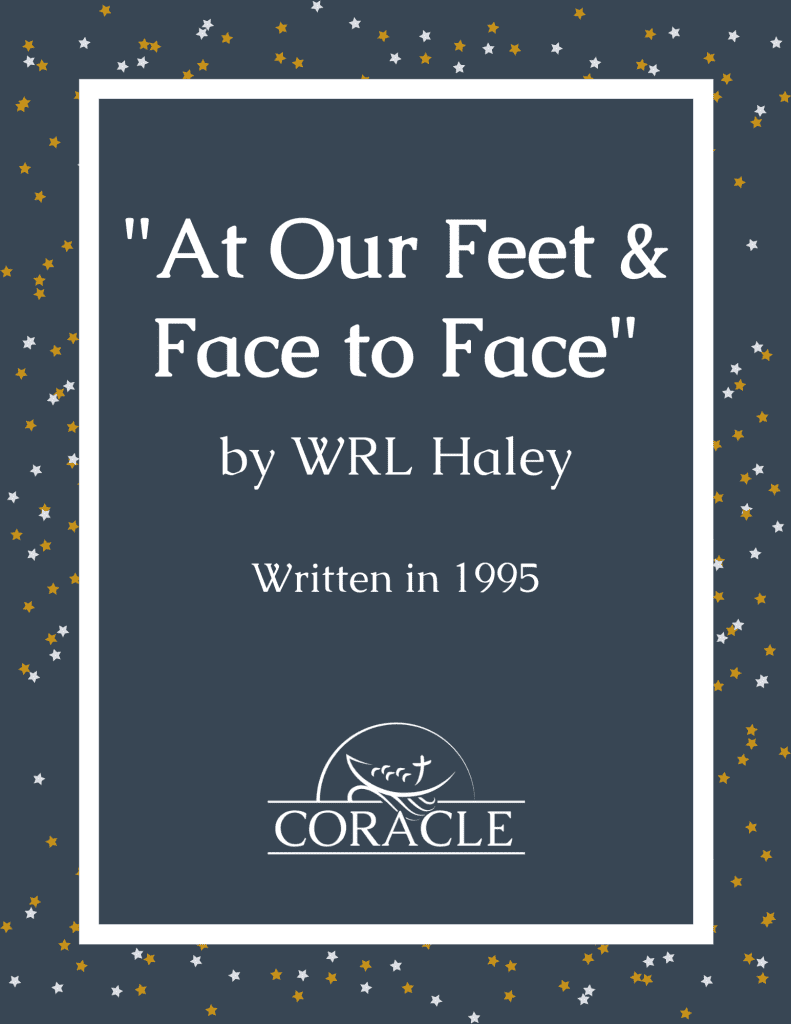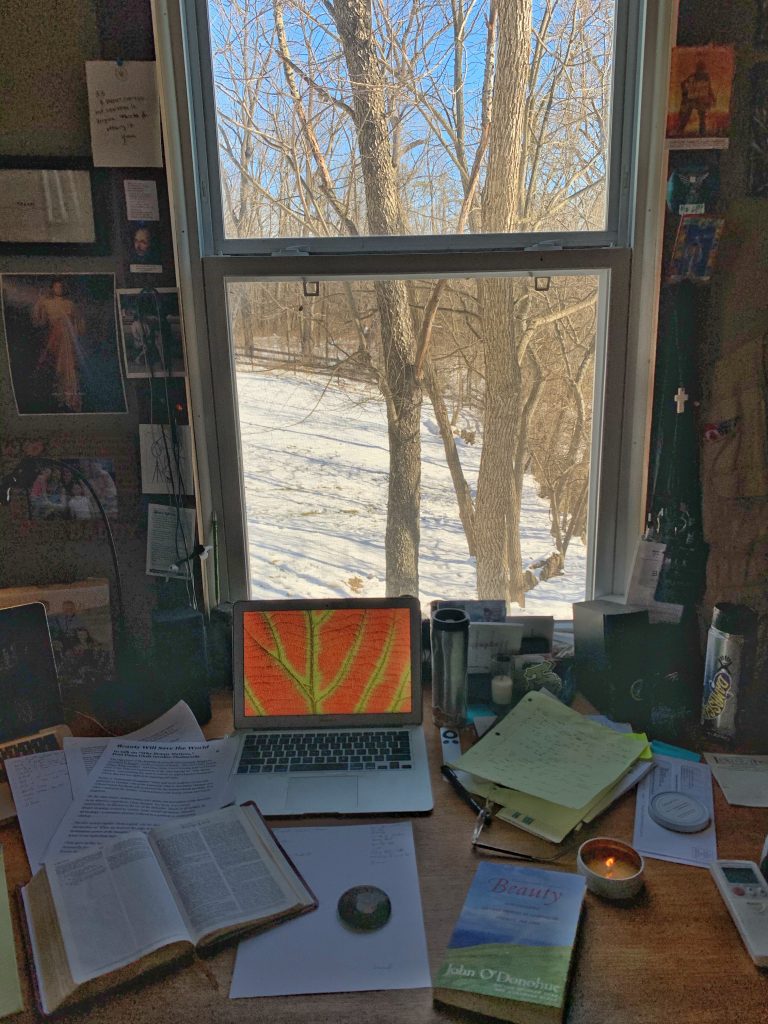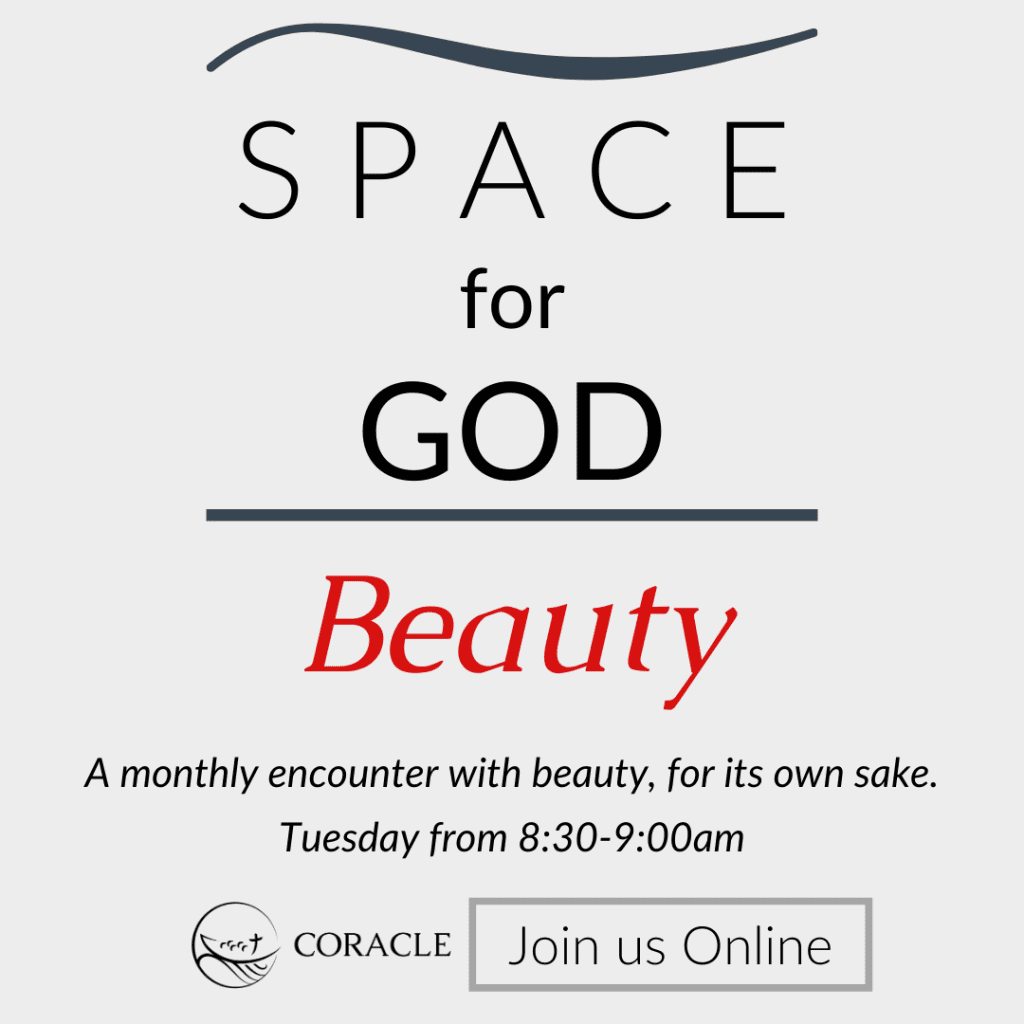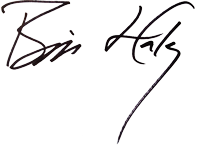“These times are riven with anxiety and uncertainty, given the current global crisis… At first, it sounds completely naive to suggest that now might be time to invoke and awaken beauty. Yet this is exactly [my] claim…”
John O’Donohue, 2004
“Every good gift and every perfect gift is from above, coming down from the Father of lights…”
James 1.17
Etty Hillesum, a young Jewish woman from Holland, wrote one of the most truly amazing things I’ve ever read. The context of her words makes all the difference. She wrote them while imprisoned at Westerbork transit camp waiting to be taken to Auschwitz, where she died in 1943 at age 29. Her diaries and letters were compiled into An Interrupted Life
A very hard day. But I keep finding myself in prayer. And that is something I shall always be able to do, even in the smallest space: pray. And I know for certain that there will be a continuity between the life I have led and the life about to begin…
I often walk with a spring in my step along the barbed wire and then time and again it soars straight from my heart — I can’t help it, that’s just the way it is, like some elementary force — the feeling that life is glorious and magnificent, and that one day we shall be building a whole new world. Against every new outrage and every fresh horror we shall put up one more piece of love and goodness, drawing strength from within ourselves. We may suffer, but we must not succumb…
Once you have begun to walk with God, you need only keep walking with Him and all of life becomes one long stroll.
The capacity to encounter God in all things utterly changes our lives and can fundamentally alter our experiences of our circumstances, even if our circumstances don’t change or are particularly difficult.
I remember reading Etty’s words for the first time many years ago and thinking, “My goodness, if she could encounter God in a concentration camp and imagine a walk along a barbed-wire fence as a stroll with God… a) that means it’s possible, and b) I want that sort of relationship with God too.”
It turns out there are millions (countless actually) of ways to encounter God, literally hundreds (at least) each day. The Bible says that every good and every perfect gift is from God, and surely Beauty is one of the greatest ones, one that comes to us in limitless forms, especially once we’ve developed the capacity to see.
 Reflecting on her childhood joy of placing pennies on sidewalks as presents for passersby, Annie Dillard writes, “There are lots of things to see, unwrapped gifts and free surprises. The world is fairly studded with pennies cast broadside from a generous hand.” This is from her magnificent, Pulitzer-prize winning book Pilgrim at Tinker Creek, written in a cabin not too far from where I now live. I read it slowly and carefully in 1994, underlining most everything and taking copious notes, seeking to learn from her words about how to write. In the end, her real gift was teaching me how to see. She helped me see that we’re actually swimming in diamonds (see my essay from 1995 for more on that).
Reflecting on her childhood joy of placing pennies on sidewalks as presents for passersby, Annie Dillard writes, “There are lots of things to see, unwrapped gifts and free surprises. The world is fairly studded with pennies cast broadside from a generous hand.” This is from her magnificent, Pulitzer-prize winning book Pilgrim at Tinker Creek, written in a cabin not too far from where I now live. I read it slowly and carefully in 1994, underlining most everything and taking copious notes, seeking to learn from her words about how to write. In the end, her real gift was teaching me how to see. She helped me see that we’re actually swimming in diamonds (see my essay from 1995 for more on that).
“Without realizing, each day each one of us is visited by beauty… the graced eye can glimpse beauty anywhere.” (John O’Donohue) Beauty is all around us if we take time to see it, or taste, hear, smell, and touch it. And it matters that we do, for three reasons.
I. Beauty as Gift
Each year, we buy our kids Christmas gifts, wrap them up, and put them under the tree for them to open on Christmas morning. Can you imagine if one of them came down the stairs, saw the pile of presents, and said, “Um, no thanks, I’m good…”? While I might be a little shocked and a bit sad, who is the one missing out in this scenario? My dear child of course!
God has given us so many gifts, and all things beautiful are surely some of them. God didn’t have to create us as sensual beings, God didn’t have to create humans with the capacity to enjoy and engage beauty, and he certainly didn’t have to create things so darn gorgeously that sometimes they literally can take your breath away or leave you stunned speechless.
Edna St. Vincent Millay closes her poem “God’s World” with a prayer, a plea to the Lord that no more beauty would befall her, as she was already dangerously close to being crushed by beauty’s gravity…
“Lord, I do fear Thou’st made the world too beautiful this year;
My soul is all but out of me,—let fall No burning leaf; prithee, let no bird call.”
It is no secret that many people feel closest to God when in nature, and while this is limited, it is surely not wrong, and it is not a bad place to start either. In fact, creation is the first revelation of God and reveals much about God, “His invisible attributes, namely, his eternal power and divine nature, have been clearly perceived, ever since the creation of the world, in the things that have been made.” (Romans 1.20)
How powerful to realize the revelatory nature of nature was designed and present from the beginning and continues right through to now. God’s revelation doesn’t stop with the incarnation of Jesus! We miss out when we don’t slow down to simply behold things human beings did not create.
This past fall, before going out West, a wise friend told me, “Pay attention to the trees.” I did, and they spoke! Since then, I’ve learned just how much trees do talk and how much they have to teach us by reading a remarkable book, The Hidden Life of Trees.
 Thankfully though, beautiful things created by humans are also among God’s gifts to us. We are sensual beings for many reasons, and one of those is so that we can be showered by God’s generous gifts through our senses, all of them.
Thankfully though, beautiful things created by humans are also among God’s gifts to us. We are sensual beings for many reasons, and one of those is so that we can be showered by God’s generous gifts through our senses, all of them.
As I write these words, I’m enjoying a sensual feast– hearing Christopher Parkening playing Bach on a guitar, smelling frankincense and lemongrass via a candle from Common Good Things, tasting Corhaven Coffee (“God’s love in a mug”), periodically touching a fossilized sea-creature taken from the Tibetan Plateau (current elevation 18,000 feet) called an ammonite which is at least 66 million years old, and seeing the crystal blue sky above my backyard which still is blanketed with white snow, while naked trees sway their arms in the wind. Each of these beautiful things is ministering to me, each of them a way that God is loving me right at this very moment. The “Sacrament of the Present Moment” is in fact a thing.
II. Beauty as Icon
Icons are two-dimensional paintings that are written to help us see God’s unseen, multi-dimensional world. You don’t look at them, the point is to look through them. They serve as portals to a deeper world. In this way, they are very much like that painting in CS Lewis’ Chronicles of Narnia that served as the passageway between one world and another.
Beauty functions like a portal in two ways: it leads us to God and it leads us to reality.
Beauty functions as a portal to the Divine.
The poet Dana Gioia offers, “The experience of the beautiful is powerful and universal. People are transfixed by beauty. In its presence they feel a deep hunger being satisfied.” John O’Donohue observes, “The glimpse, the touch of beauty is enough to quicken our hearts with the longing for the divine… When we experience beauty, we feel called.” And if we’re being called, it means there is One who is calling. That One happens to be beautiful.
The psalmist David only wanted one thing. Better put, he wanted one thing so that he could have the thing he actually wanted. “One thing have I asked of the Lord, that will I seek after.” What is that one thing? “That I may dwell in the house of the Lord all the days of my life.” Why? What’s the desire beneath the request? David wanted to see, he wanted to look, he wanted “to gaze upon the beauty of the Lord and to inquire in his temple.” (Psalm 27.4)
At Tara’s and my wedding, we built a full and solid minute of silence in the middle of the ceremony and called it “Beholding the Glory” in the service leaflet. For a full sixty seconds, silent and in front of all those people, we simply looked at each other. Tara, I think, found it a touch awkward, but I loved it! We gained inspiration from an ancient Jewish tradition, when the bride and groom would take a moment to gaze into one another’s eyes, recognizing that in the face of the other was the face of God, and that his image, already complete in each individual, was made even more complete by their union. I loved her, she was beautiful to me, and all I wanted to do was gaze. It’s still true. And it’s still awkward for her!
That’s the sentiment David expresses in his psalm. God is so beautiful, David only wants to be with him so that he can gaze upon his beauty. There’s a reason why in the old days, religious writers used to speak of heaven as “the Beatific Vision.”
This I think is why earthly beauties have such a strong pull on us, because they are somehow a reflection of God’s own beauty.
Beauty points us to God (believed in or not) because God is beautiful. And God uses beauty to beckon us to himself.
And then to think, that for as beautiful as something might be, it’s actually a pointer to the most beautiful thing of all– God! Thus the hymn, “Fairest Lord Jesus.” Praise God for the beautiful things that point us to the most beautiful One!
Fair are the meadows,
fairer still the woodlands,
robed in the blooming garb of spring:
Jesus is fairer,
Jesus is purer
who makes the woeful heart to sing.Fair is the sunshine,
fairer still the moonlight,
and all the twinkling starry host:
Jesus shines brighter,
Jesus shines purer
than all the angels heaven can boast.
Beauty also functions as a portal to reality.
Thanks to our friends at The Trinity Forum, again Dana Gioia helps us see beauty connecting us to reality in this conversation about poetry and beauty. Cherie Harder thankfully and bluntly asked him the question we all have– ‘just what is beauty exactly?’ Gioia spoke of the first three (of four) stages of the experience of beauty, “Your attention is arrested, you get pleasure, and suddenly you get a glimpse, large or small, of the inner workings of reality… Reality begins to radiate into our intelligence… Beauty allows us to see at least momentarily and partially into the harmony of existence, the interrelationship of existence.”
Thomas Merton makes this same exact point in his blunt definition: “Beauty is simply reality itself, perceived in a special way that gives it a resplendent value of its own.” (No Man Is An Island)
Experiences of beauty perceived by any of our senses lead us to God and to the way things actually are.
III. Beauty for Ballast
Part of reality is that sometimes (often?) things aren’t so beautiful. (The relationship between beauty and brokenness and suffering is an essay for another time, but maybe my reflection from Kathmandu is a start, “Slum as Sacrament”)
Blaise Pascal said, “In difficult times carry something beautiful in your heart.”
Late last year, my heart was so so heavy. Some of it was professional, some of it was personal, some of it was cultural. Somewhere along the way it hit me, “Bill, you’ve got to intentionally put some Beauty back into your life!” Of course I increased my prayer life, but since beauty is one of the pathways that leads me to God (I’m not unique in that, I’m human after all), I started being more intentional about it.
And this is true for Coracle too. Because of what we care about and the work we’re involved in, particularly around issues of race in the United States, sometimes it can simply feel like a heavy burden that’s hard to carry. Prayer, yes… and now also Beauty.
I very much agree with John O’Donohue, who wrote this in 2004 (a far easier year than 2020 or 2021), “These times are riven with anxiety and uncertainty, given the current global crisis… At first, it sounds completely naive to suggest that now might be time to invoke and awaken beauty. Yet this is exactly [my] claim.” If that was true then, how much more so now? (Do read his book Beauty: The Invisible Embrace.)
 In a boat, ballast is the weight placed in the hull below the waterline which keeps the vessel steady in rough seas. You’re in heavy seas right now (no one I know isn’t), I’m in them, our nation is, our world is, and Coracle is too. Remembering that Coracle is an Irish word for a boat, we’re delighted to be offering many more experiences of “Beauty For Ballast,” for us and also for you. See below for more about that, and I hope you’ll join me to kick this off at our first “Space for God: Beauty” next Tuesday, February 9th from 8:30-9 AM (ET).
In a boat, ballast is the weight placed in the hull below the waterline which keeps the vessel steady in rough seas. You’re in heavy seas right now (no one I know isn’t), I’m in them, our nation is, our world is, and Coracle is too. Remembering that Coracle is an Irish word for a boat, we’re delighted to be offering many more experiences of “Beauty For Ballast,” for us and also for you. See below for more about that, and I hope you’ll join me to kick this off at our first “Space for God: Beauty” next Tuesday, February 9th from 8:30-9 AM (ET).
Whether you join us or not in this, here’s my one suggestion to us all. As I mentioned above, there are hundreds if not thousands of opportunities to experience beauty in any given day. Remember, it’s about learning how to see. So, let us seek to conscientiously engage and experience at least one beautiful thing a day. It means slowing down to notice something and letting it lead us somewhere, even if that place is just a deep breath. It’ll likely lead you to God too.
On the Journey,

PS: You may be surprised that I didn’t drop in this essay Dostoevsky’s oft-quoted, “Beauty will save the world.” Well, I just did. You can read a reflection about that by my favorite living novelist Michael D. O’Brien, whose first vocation is actually to paint.
“SOUNDINGS” posts are aimed at considering together topics that are important for our society, for the Church, and for our own spiritual journeys. To ‘take a sounding’ is a nautical term about using depth to determine where you are and where you’re going. These writings are designed to do just that. Please share this post with friends you think might appreciate it. If you would like to get SOUNDINGS posts from me sent directly to your inbox, click here.

